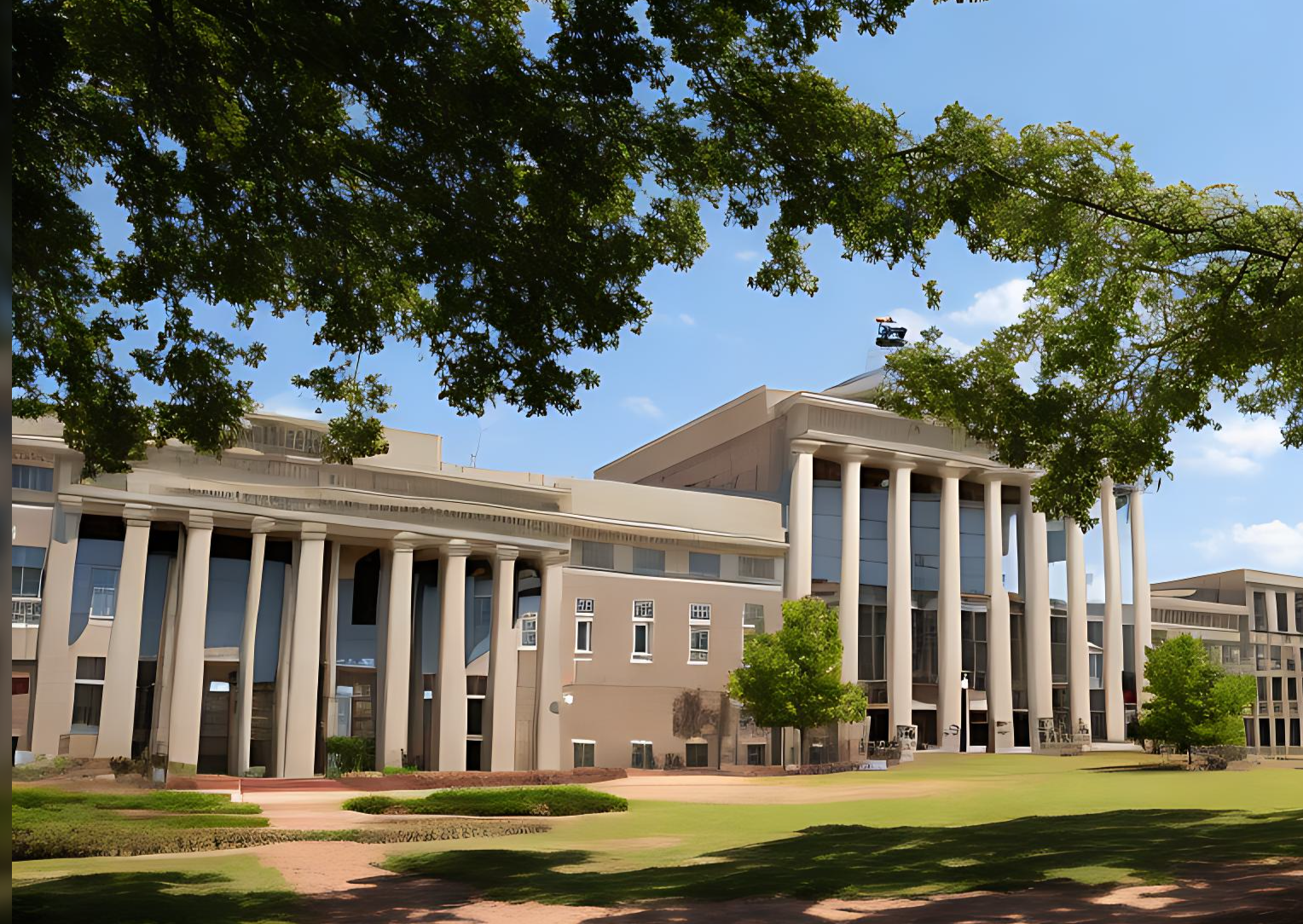
Universities are facing a number of difficulties in today’s challenging and changing world. These difficulties are the result of a number of factors, including economic pressures, demographic shifts, technological advancements, and political turmoil. As a result, universities are struggling to adapt and remain relevant in the face of these challenges.
One of the major difficulties facing universities is economic pressure. With increasing costs and decreasing government funding, many universities are struggling to stay afloat. To make matters worse, the COVID-19 pandemic has exacerbated these economic challenges, with many universities experiencing significant declines in enrollment and revenue. To cope with these financial pressures, universities have had to make difficult decisions, such as laying off faculty and staff, reducing course offerings, and increasing tuition.
Demographic shifts are also posing challenges for universities. As the population ages, the number of traditional college-aged students is declining, which has led to declining enrollment at many universities. Additionally, the increasing diversity of the student body has led to a greater need for support services, such as counseling and tutoring, which can be expensive for universities to provide.
Technological advancements are also presenting challenges for universities. With the rise of online education, many students are opting for cheaper and more convenient alternatives to traditional on-campus programs. This has led to declining enrollment and revenue for many universities, as well as increased competition for students. At the same time, the increasing reliance on technology has also led to a greater need for universities to invest in upgrading their infrastructure and IT systems, which can be costly.
Political turmoil is another factor contributing to the difficulties facing universities. In some countries, political instability and conflict have led to universities being shut down or disrupted, making it difficult for students to receive a quality education. In other countries, political polarization has led to increased censorship and suppression of academic freedom, which can stifle intellectual inquiry and creativity.
To address these challenges, universities are being forced to adapt and find new ways of operating. Many universities are increasing their focus on online education, while others are exploring alternative revenue streams, such as partnerships with industry or the creation of spin-off companies. Some universities are also seeking to improve their efficiency and reduce costs by streamlining their operations and consolidating administrative functions.
Despite these efforts, it is clear that universities will continue to face difficulties in the coming years. To successfully navigate these challenges, it will be important for universities to remain flexible and adaptable, and to be willing to take risks and try new approaches. With the right strategies and approaches, universities can continue to be vital centers of learning and innovation in a challenging and changing world.

